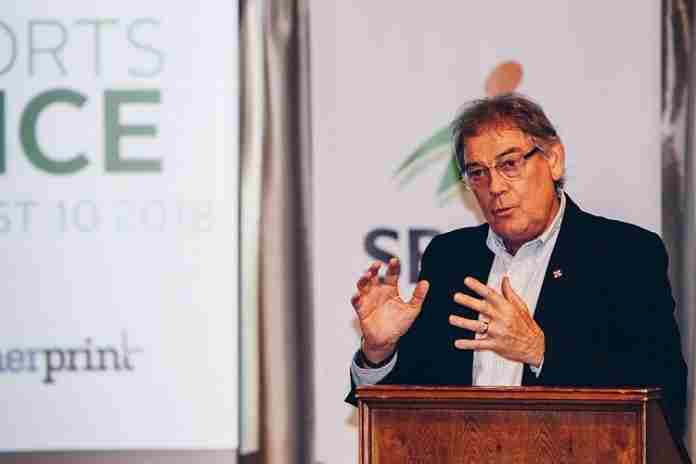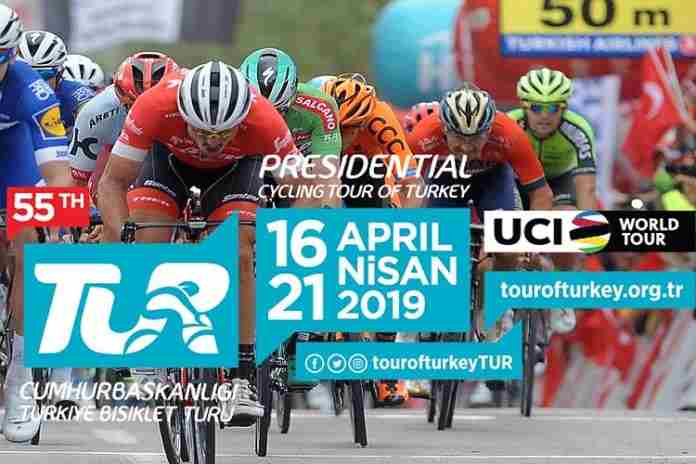When David Howman talks, people in the sports world should listen.
The former Director General of the World Anti-Doping Agency is increasingly critical of the standard testing program now in place, which still relies primarily on taking urine samples.
Reuters reported on his Monday remarks to a conference of the Partnership for Clean Competition in London (GBR) and noted that Howman is skeptical about their effectiveness.
“Science and medicine have advanced everywhere but they haven’t advanced in doping, we’re still analyzing urine. And not very darned well,” he said.
“My worry is that we still do it because it’s the way to build up numbers. Not the way to catch the cheats. There’s a misguided view that perhaps its deterring people.
“Well, it’s catching the stupid ones because they just are stupid. But it’s not catching the real cheats.”
This is not a new position for Howman (NZL), who is now the head of the Athletics Integrity Unit (AIU), working in one of the sports which has had a high incidence of doping over many years.
In January, he said essentially the same thing at another conference, casting doubt not only on urinalysis but also the Athlete Blood Passport (ABT) comparison system:
“Collecting urine and blood is the method currently used, mostly urine,” he said. “This was started in the ‘60s and early ‘70s. Most things in our society have been reviewed in that time. Most processes in health, in crime, in everything. This hasn’t.
“Why is urine analysis so necessary whereas it has been proved that it is not effective in catching cheats? The blood passport can be manipulated. As soon as you know that, it loses its effectiveness. As soon as you make laws there will be people who pay people to see how they can escape them. It’s no different in sport.
“There needs to be a debate about the whole way in which anti-doping is looked at to see that we are doing things in the most economically efficient and effective manner.
“If not, are we spending millions and millions of dollars supporting an industry, where a lot of people get paid? Is that what we are doing? Producing an industry rather than protecting clean athletes?”
An acknowledged provocateur, Howman is now leading the charge towards a most investigative-based program, as he has created for the World Marathon Majors, rather quietly announced a couple of weeks ago, and described as:
“During 2018, the AIU conducted extensive analysis of the risks to the integrity of athletics and road running and consequently devised the program which puts a higher focus on the best elite athletes, utilizing intelligence to ensure that the right athletes are tested at the right time.”
So for the six big marathons – in Tokyo, Boston, London, Chicago, Berlin and New York – “the program continues to involve a testing pool of 150 elite runners, with a shift to an emphasis on intelligence led testing.”
Howman calls this program “world leading” and feels it’s a better way to go to catch the cheats on the leading edge, rather than those caught in the standard tests, whom he calls “the stupid ones.” He’s right about one thing: testing has to keep up with the times.


























